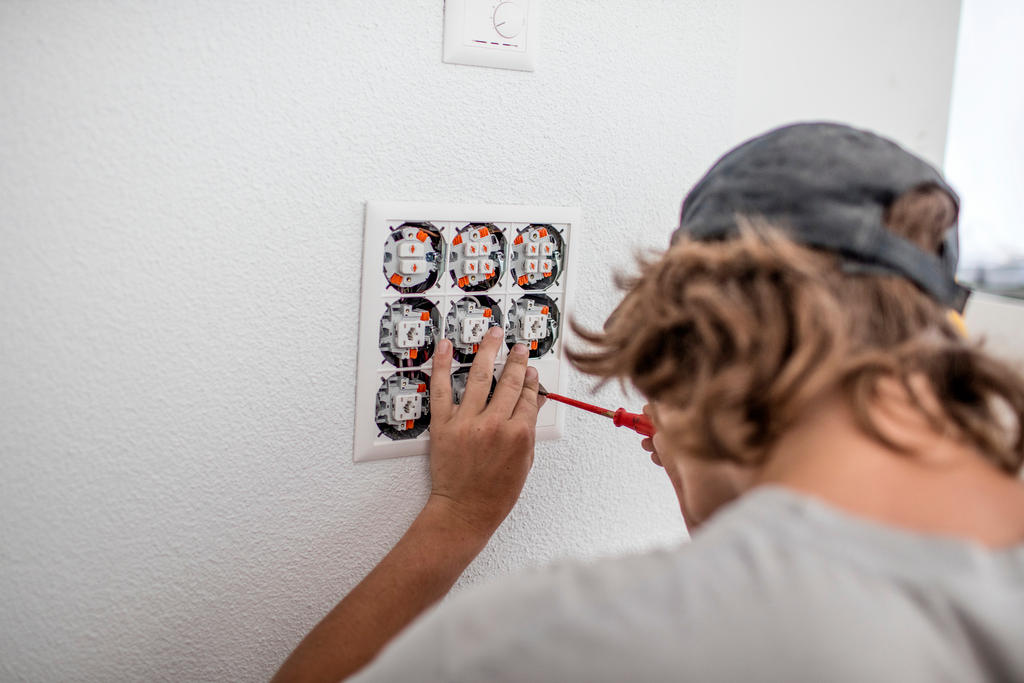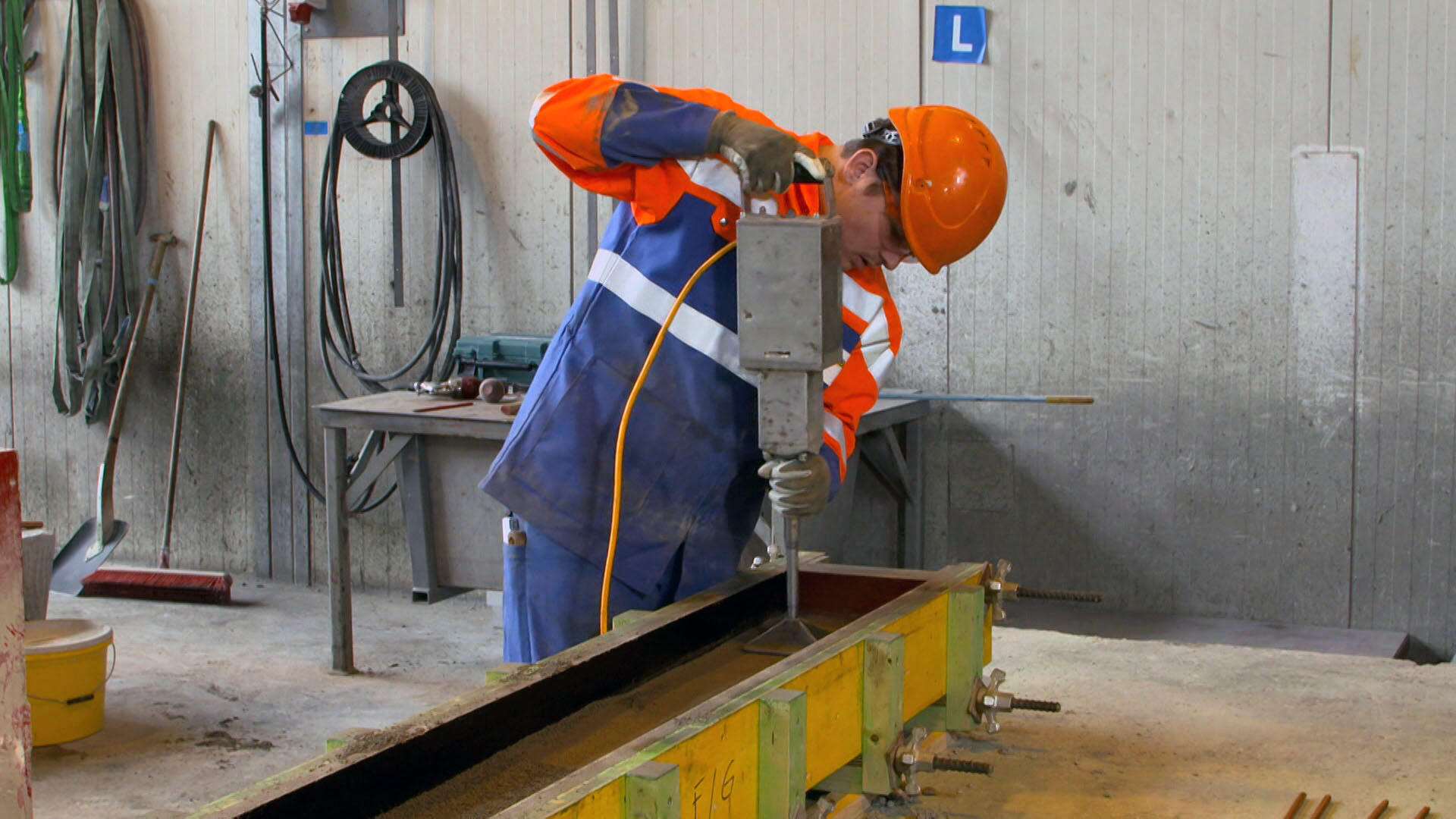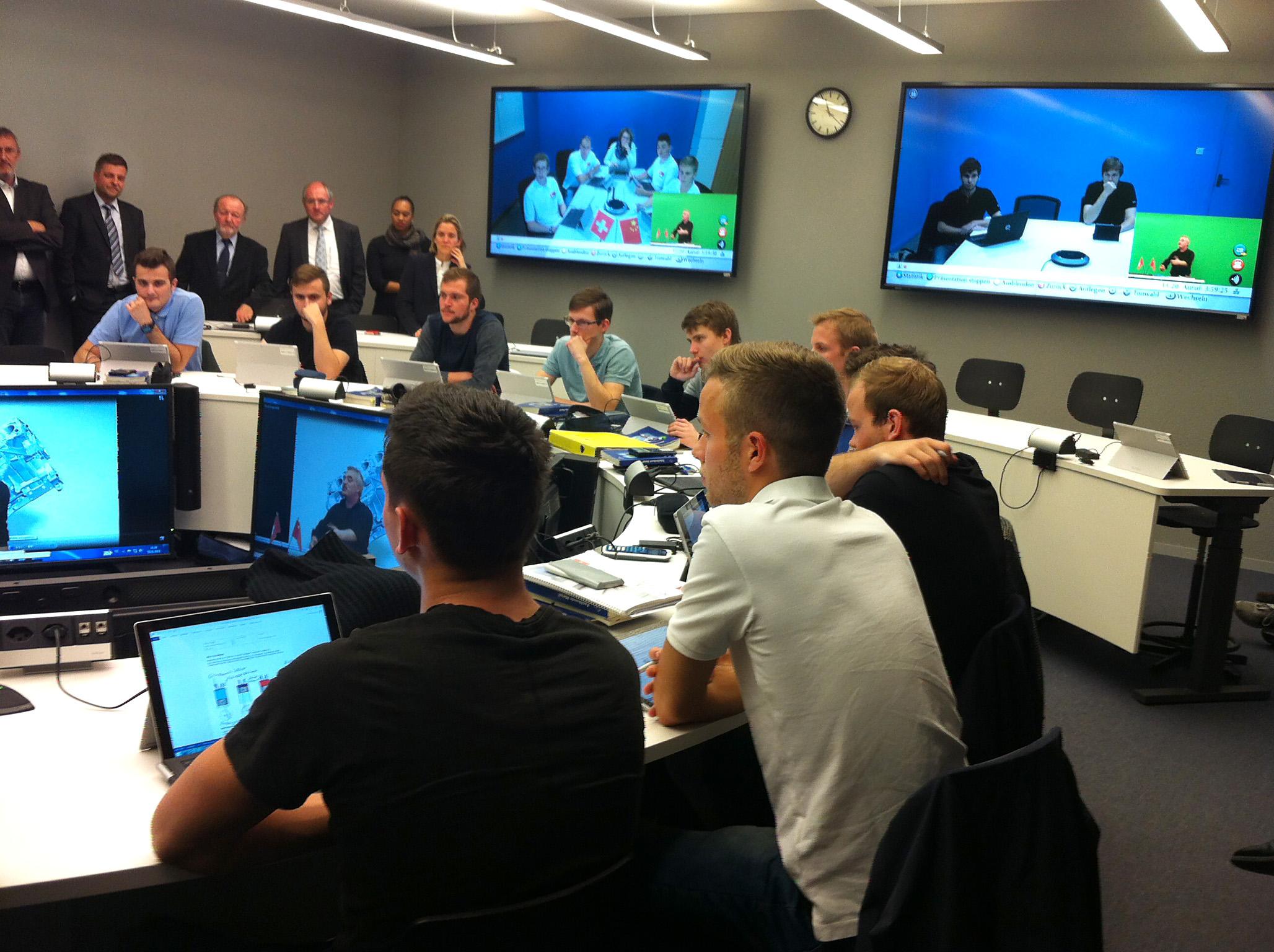Serbian leader hopes Swiss model will ‘renew’ lost working habits

Serbian Prime Minister Aleksandar Vučić is one of the world leaders looking to Switzerland’s vocational training system to reform their country’s workforce. He takes Serbia’s workers to task for a lack of diligence but believes Swiss expertise can help put them on the right track.
swissinfo.ch spoke to Vučić at the second International Congress on Vocational and Professional Education and TrainingExternal link, recently held in Winterthur.
swissinfo.ch: Where does Serbia stand in the process of introducing vocational training into its labour market?
Aleksandar Vučić: We have started to talk about it, we launched a huge discussion within our society two years ago and then I wanted to meet Swiss President Johann Schneider-Ammann to collect as much information as possible. In the meantime [our businesses] got a lot of investors from Germany, Austria, and Switzerland who were saying that they didn’t get the quality from our education system that they expected. So we started to think about it, especially with such a high unemployment rate among young people.
In a year and a half we have had 65 pilot projects that delivered good results. For the first time I saw young guys in our country – 16 years old, teenagers – who were working in a very diligent, dedicated way in several private companies. We need it not only because of the final results, which will be a bigger growth rate and lower unemployment; it’s about a change of our mind sets, better working habits, better dedication and devotion, and it’s a different approach to someone’s life which I think is of the biggest significance.
That’s why we signed an agreement with the Swiss Development AgencyExternal link [for support in vocational training], and we expect a bigger Swiss presence that can teach us. We don’t need money, we just need know-how.
“If people in Serbia would hear that two guys earned more from apprenticeship work than someone with a PhD, they wouldn’t believe it.”
swissinfo.ch: In what specific ways do you hope Switzerland can help your country?
A.V.: What is this all about? How do we find the best way to connect our education system to our employment system? How do they need to work together, and who is going to be in charge of it – industries, industry associations, faculties, deans, parents, youngsters? These are experiences we are learning from Swiss development agencies and others. It’s not about a huge amount of money, although Switzerland is one of the biggest donors to us. It’s about know-how, changing our mind sets, changing our habits – changing everything that we used to know, because the last 50 or 60 years were a big economic failure for us, and now we need to do something differently.
I once visited a Swiss company where there were two young Swiss guys originally from Serbia, 16 years old. And after so many years I saw young Serbian guys, ready to work, very mature, not living in the clouds. I have an 18-year-old son and they were much more mature than he was. They are ready to work, they are ready to improve their skills, and they are very much satisfied because they can earn something, they can spend that money and take a holiday for themselves without taking money from their parents or grandparents as we do in Serbia.
We are facing and will face a lot of resistance within our society because it’s very easy for many people to just keep their privileges, not change anything and benefit from an old system, saying ‘who cares about new generations’?
swissinfo.ch: What is the attitude in Serbia towards allowing young people to have a lot of responsibility in companies, as the Swiss vocational training system demands? Are youth as young as 16 allowed to work under current legislation?
A.V.: Legislatively and legally speaking, it is allowed, but it is not widespread among companies because they see it as a cost. And that’s a huge problem for us. We’ll need to change our labour law and education law and create a new system. And that’s why we are working with the Swiss government, the German government and the Austrian chamber of commerce on these issues.
We know that this German-speaking model, particularly the Swiss model, gives the best results.
swissinfo.ch: Do you feel that you have legislative support from your colleagues to pass the necessary measures?
A.V.: We will get our support – we just had elections and we won with a landslide majority – although we will feel and face a lot of challenges and resistance. Particularly, the so-called “intellectual elite” will be opposed. Because they always say, as is also a custom in the United States, that college is the only place where you can learn something and be very successful. And my dream is not that. My dream is that my children are honest people who work hard and earn for themselves. That’s why I invited Swiss experts to Serbia, to convey messages of real life and real success. If people in Serbia would hear that two guys earned more from apprenticeship work than someone with a PhD, they wouldn’t believe it.
swissinfo.ch: What do the young people in Serbia want? Are they looking beyond the university system for training?
A.V.: People want to get very decent jobs with very decent salaries, not to take any risks. We don’t have the risk gene that Americans do, we lost it during the period of self-managed socialism and once again during those terrible wars in the 1990s. We lost our working habits, and now we need to revive and renew them.

In compliance with the JTI standards
More: SWI swissinfo.ch certified by the Journalism Trust Initiative













You can find an overview of ongoing debates with our journalists here . Please join us!
If you want to start a conversation about a topic raised in this article or want to report factual errors, email us at english@swissinfo.ch.